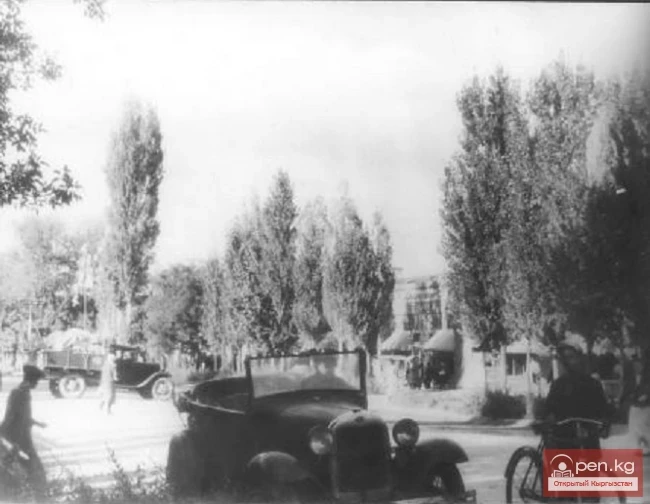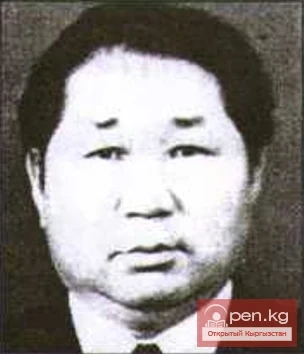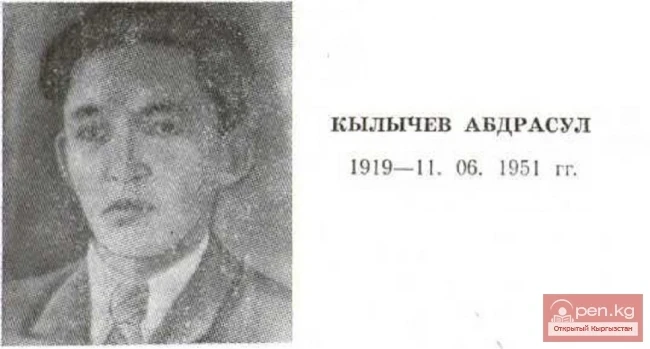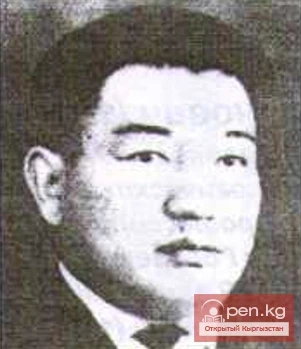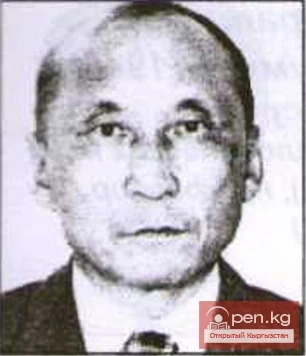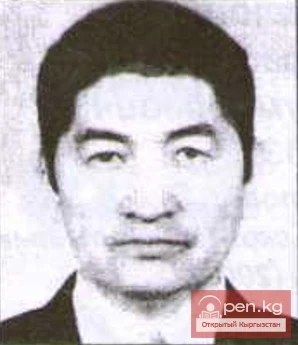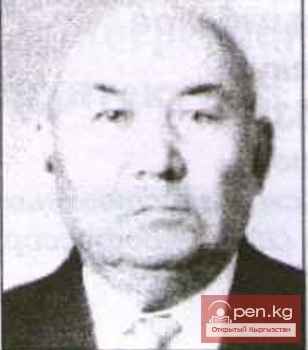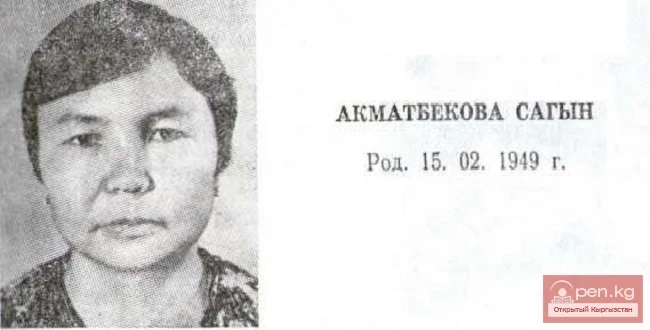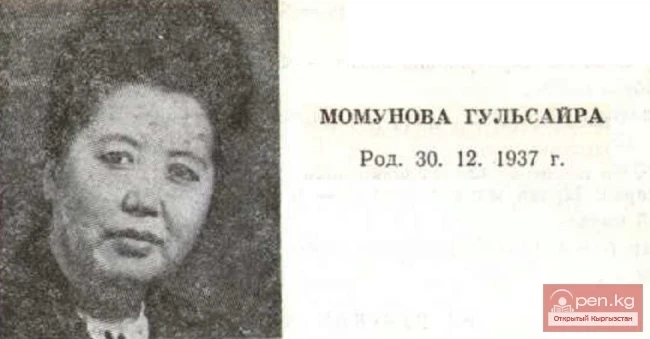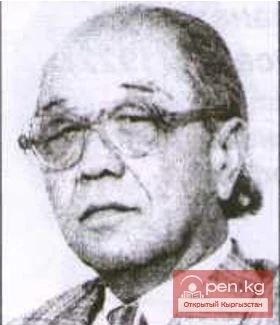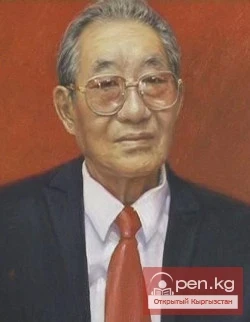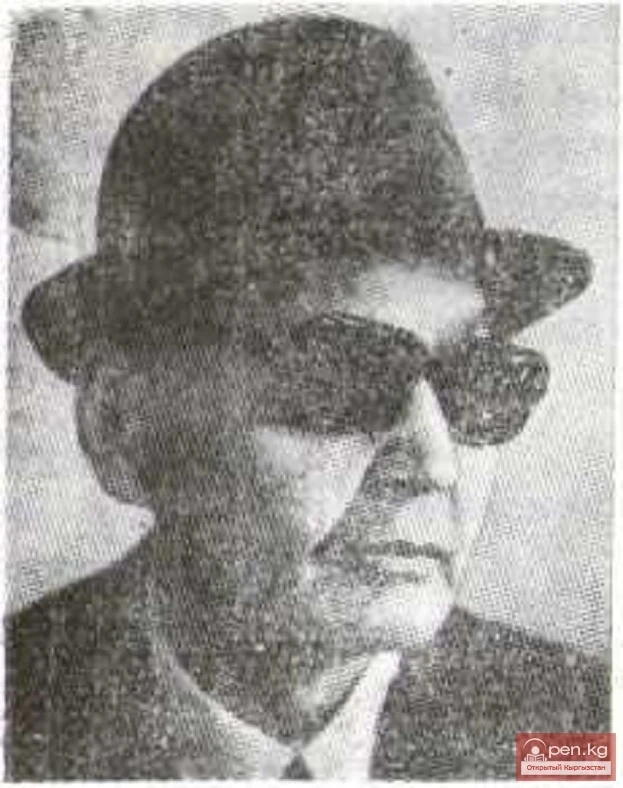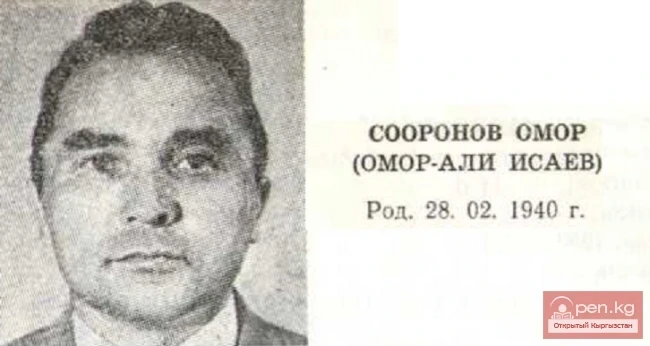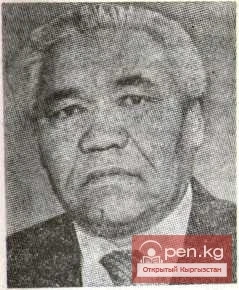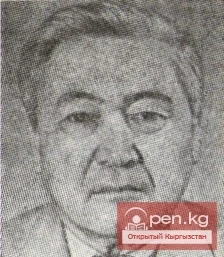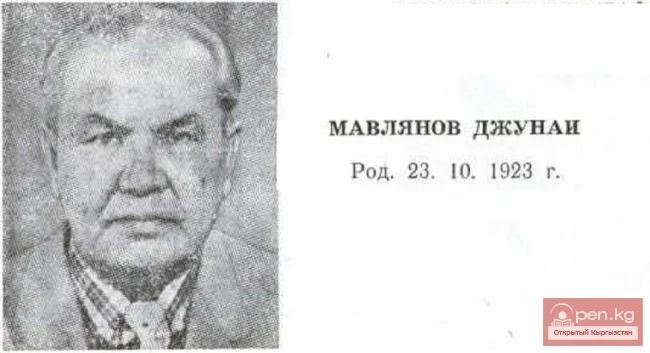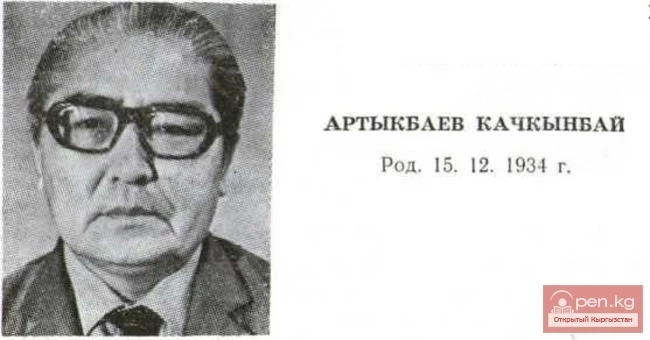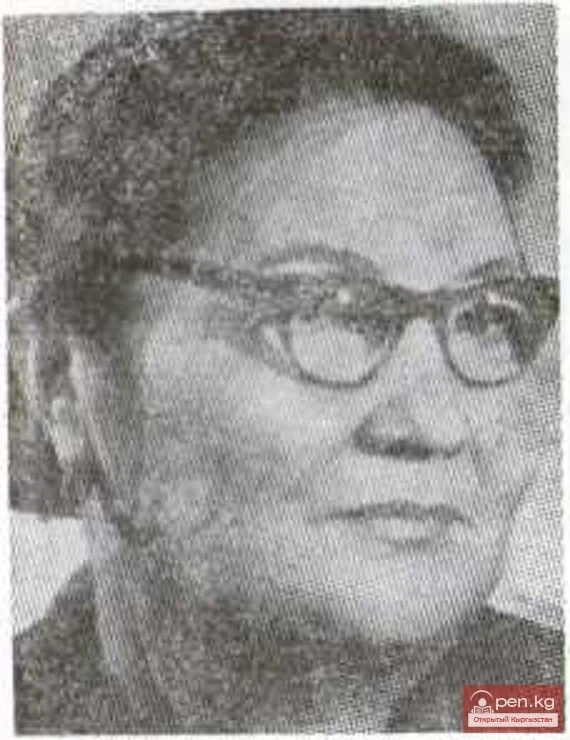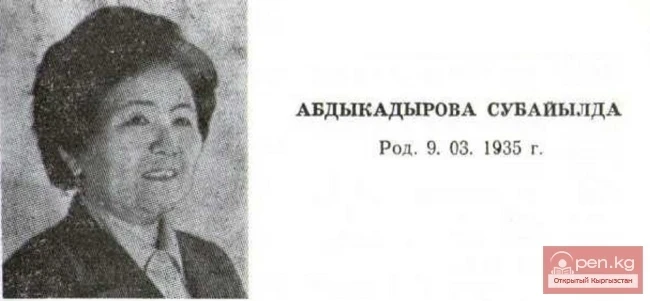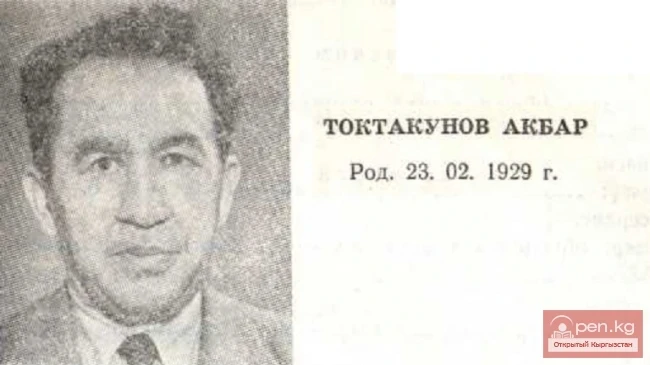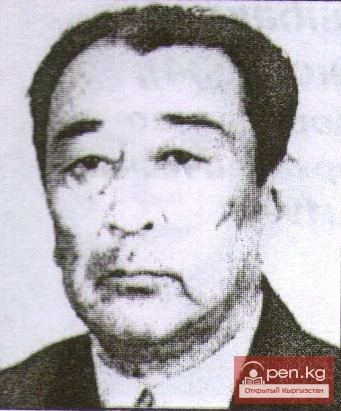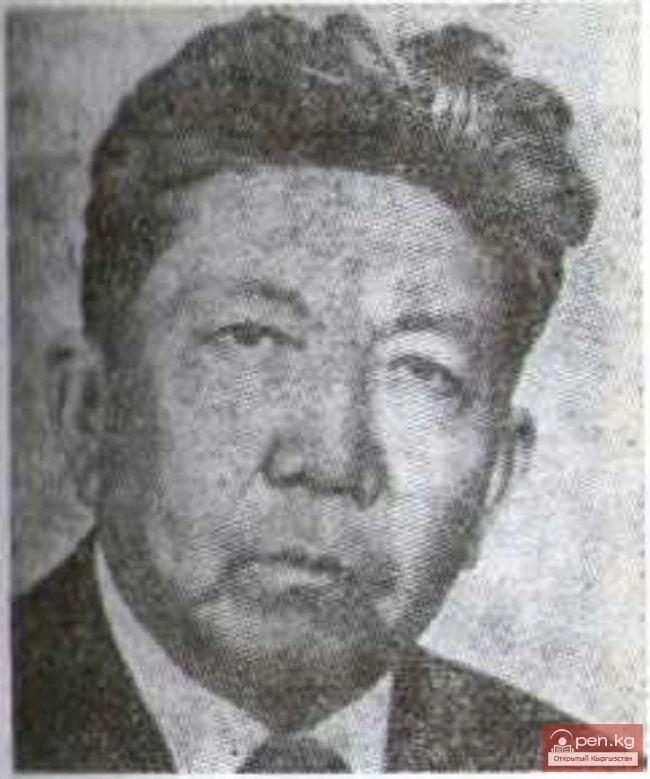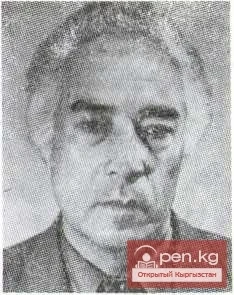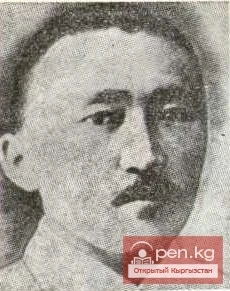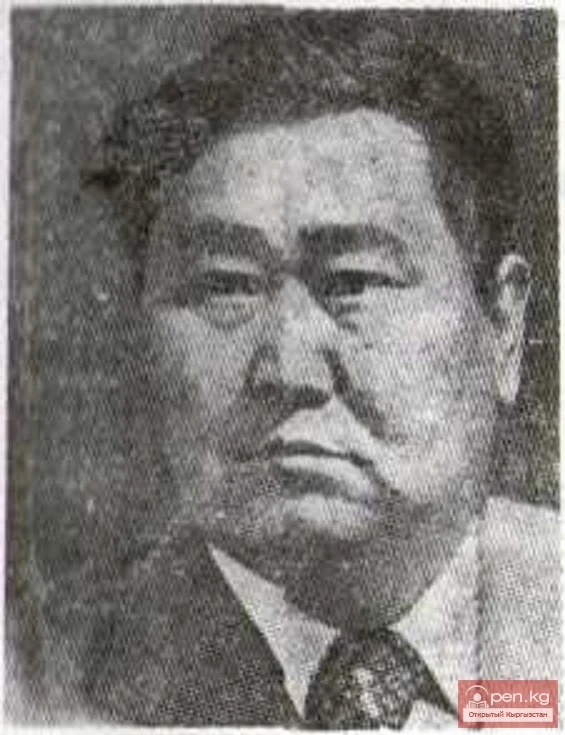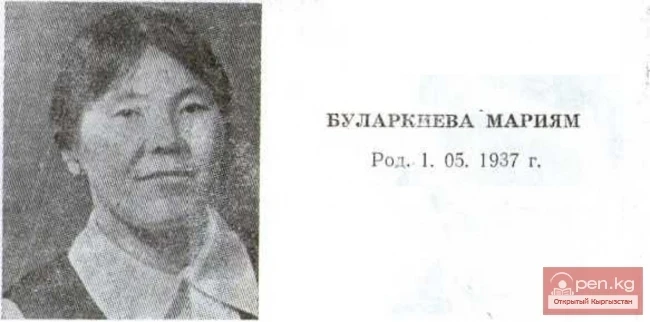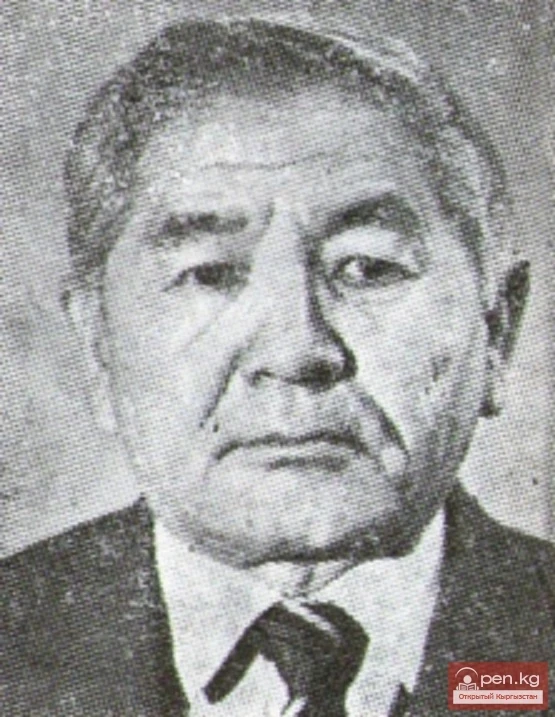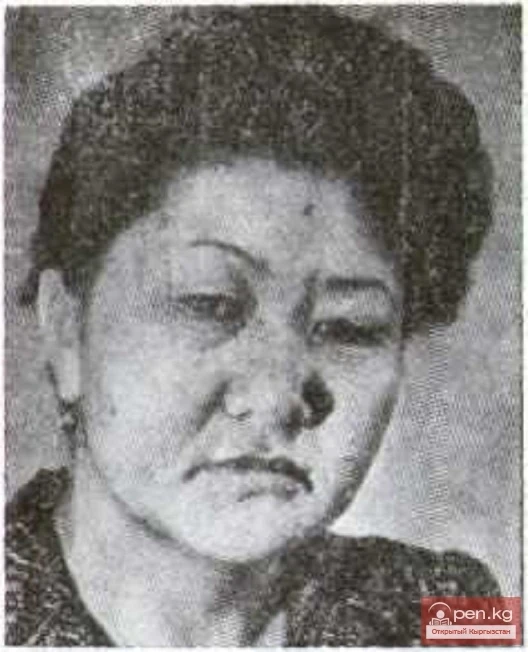On the Distortion of the National Policy of the Party in Practical Work
The ineffectiveness of the triple planning system, amid the gradual weakening and reduction of the role of the all-federal national governing body, was evident. All three planning and regulatory bodies (the USSR, the RSFSR, and the Central Asian) believed that the implementation of the planned activities in the republic should proceed along a different subordination line, "nodding to each other." The ECOCO of Central Asia, establishing an economic plan for Kyrgyzstan for the year, assumed that its implementation would primarily occur along the lines of the Union, which regulates the activities of the republic's economic plan when considering the plan for Central Asia. The provision of the material base for this plan was the responsibility of the RSFSR, which, while planning for the republic within its composition and being unaware of the overall structure of the economic plan for Central Asia, planned from its own perspective. "In this regard, we had and will have," wrote Y. Abdrakhmanov, "guiding instructions from two centers (Moscow, Tashkent), mutually excluding each other."
In addition to the fact that such multi-tiered management complicated the work of the party and Soviet bodies in Kyrgyzstan, it did not contribute to the economic and cultural growth of the republic, reduced the pace of work on the rapid elimination of actual inequality, and led to the distortion of the national policy of the party in practical work.
"This not only negatively affects the mood of the broad layers of the peasantry in our republic," believed the chairman of the Council of People's Commissars of Kyrgyzstan, "but also weakens our influence on those Kyrgyz who live across the border, in China."
Y. Abdrakhmanov, like other state figures in Central Asia, saw one of the solutions to the existing situation in the formation of a Central Asian federation, into which Kyrgyzstan would enter on equal terms. However, the question of federation raised in government bodies in the 1920s was postponed indefinitely. According to the author of the letter, "there remains another solution to the issue, namely, the transformation of the Kyrgyz ASSR into a union republic."
The apparent ineffectiveness of this viewpoint was later justified by researchers by claiming that the internal conditions of the underdeveloped autonomous republic did not allow for this step. However, the Tajik ASSR was transformed into a union republic, and Turkmenistan received this status in 1924, even though a significant portion of its peasantry was engaged in nomadic livestock breeding.
On April 21, 1930, Y. Abdrakhmanov, from Moscow, where he was on a business trip, sent members of the bureau of the Kyrgyz regional committee of the VKP(b) — Kulkov, Tokbaev, and Sadaev a copy of his second letter to Stalin. "The materials at your disposal (sent by us)," he writes, "are, in my opinion, sufficient for the bureau of the regional committee to make a decision on the necessity of transforming Kyrgyzstan into a Union republic and to initiate a petition on this matter to the Central Asian Bureau of the Central Committee and the Politburo of the Central Committee of the VKP(b).
It would be very desirable if you made a decision and secured a resolution from the Central Asian Bureau of the Central Committee of the VKP(b) before the 16th party congress, so that during the congress our delegation could raise this issue before the Central Committee in an official manner on behalf of the party organization."
His letters resemble the voice of one crying in the wilderness; he repeatedly presents the same arguments and reasoning, asking to expedite the consideration of these seemingly simple issues from his perspective, because "when drafting the General Plan for the national economic construction of the Union and practically implementing the five-year plan for socialist construction, we will find ourselves in the position of a homeless child, which means that we will fall behind in the pace of economic and cultural growth..." — he tries to explain again and again.
He received no response to this letter either, as already mentioned. Stalin's speech at the 16th party congress, whose political core included both left and right deviations, including in the area of the national question, did not promise anything encouraging. He stated in this part of the report that deviations towards both great-power chauvinism and local nationalism were growing "as the overall atmosphere of intensifying class struggle cannot help but lead to a certain exacerbation of national tensions, which is reflected in the party."
The resolution of the issues raised in Y. Abdrakhmanov's letters to Stalin was limited to the adoption of a decree by the Council of People's Commissars of the USSR on April 27, 1930, which granted the government of the Kyrgyz ASSR the right "to directly enter the Council of People's Commissars of the USSR and the STO." The national economic plans of the republic were now to be considered by the State Planning Committee of the USSR, IKPS, NKtorgh, VSNH, and Narcomzem of the USSR, but again, based on the presentation of the Central Asian ECOCO and in the order established for considering the plans of the Central Asian republics.
The sectors and sections of the State Planning Committee of the USSR, when working out the limits of control figures for the 1930/1931 economic year, as well as the prospective plans of the Kyrgyz ASSR, considered them on par with other Central Asian republics. The constitutional and legal status of the autonomous republic was not changed. Without questioning the beneficial results of the direct inclusion of the Kyrgyz ASSR into the RSFSR, as Y. Abdrakhmanov does not do in principle, let us consider the specific side of their planned-economic relations in the existing situation of "triple subordination."
Triple "Subordination" of the Kyrgyz Republic in the 1920s-30s
